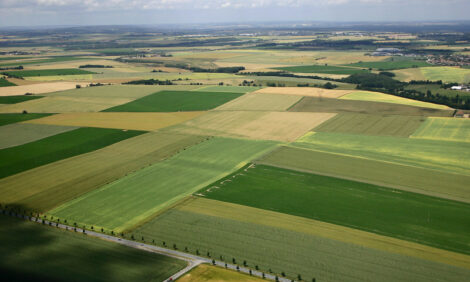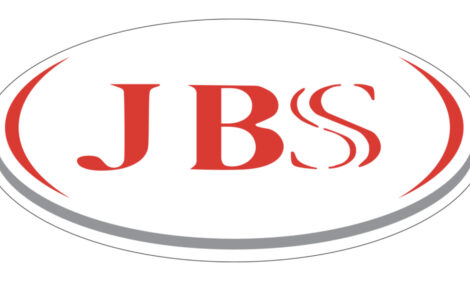



EBLEX Welcomes Beef and Lamb Impact Report
UK - A newly-published parliamentary report examining how the carbon footprint of beef and lamb production is measured has been welcomed by EBLEX.While acknowledging the positive environmental impacts that grazing livestock bring, the All Party Parliamentary Group (APPG) for Beef and Lamb’s four-month inquiry and subsequent report identified sequestration as the biggest area of contention.
It highlighted that, until more sufficient scientific data is available and a more consistent sequestration model applied internationally, policymakers cannot respond adequately to the issue of sustainable food production.
Nick Allen, EBLEX sector director, said: “EBLEX has a proven track record in working to help the industry address its environmental obligations, not least with the publication of our three-part environmental roadmap. The APPG’s inquiry and report acknowledges this, which is very encouraging.
“Our rain fed-pasture system means we have one of the most efficient livestock production systems in the world. Yet grazing cattle and sheep comes in for undue negative criticism with the focus fixed firmly on emissions from animals. Conversely, they do actually have a positive impact on the environment, not least landscape management and indeed utilising land that cannot be used for arable crops. Encouragingly, the report acknowledges this important role. If we took these things into account, it could be our carbon footprint is significantly lower.
“The report also makes the important point that the argument of ‘eating less red meat to save the planet’ simply lacks the scientific robustness to be credible. While it doesn’t go into the intricacies of the carbon footprinting debate, it does highlight that more robust scientific evidence and data is required in order to move the debate forwards constructively.
“Bringing these issues concerning the debate on livestock’s environmental impact to the fore are to be welcomed and EBLEX will continue to work with the industry to address them.”
While acknowledging the positive environmental impacts that grazing livestock bring, the All Party Parliamentary Group (APPG) for Beef and Lamb’s four-month inquiry and subsequent report identified sequestration as the biggest area of contention.
It highlighted that, until more sufficient scientific data is available and a more consistent sequestration model applied internationally, policymakers cannot respond adequately to the issue of sustainable food production.
Nick Allen, EBLEX sector director, said: “EBLEX has a proven track record in working to help the industry address its environmental obligations, not least with the publication of our three-part environmental roadmap. The APPG’s inquiry and report acknowledges this, which is very encouraging.
“Our rain fed-pasture system means we have one of the most efficient livestock production systems in the world. Yet grazing cattle and sheep comes in for undue negative criticism with the focus fixed firmly on emissions from animals. Conversely, they do actually have a positive impact on the environment, not least landscape management and indeed utilising land that cannot be used for arable crops. Encouragingly, the report acknowledges this important role. If we took these things into account, it could be our carbon footprint is significantly lower.
“The report also makes the important point that the argument of ‘eating less red meat to save the planet’ simply lacks the scientific robustness to be credible. While it doesn’t go into the intricacies of the carbon footprinting debate, it does highlight that more robust scientific evidence and data is required in order to move the debate forwards constructively.
“Bringing these issues concerning the debate on livestock’s environmental impact to the fore are to be welcomed and EBLEX will continue to work with the industry to address them.”
| TheCattleSite News Desk | Read more EBLEX News here |


